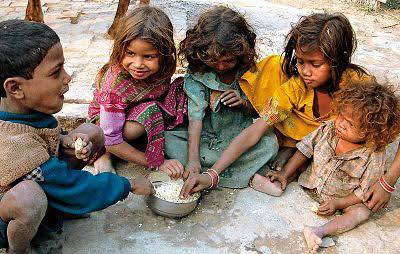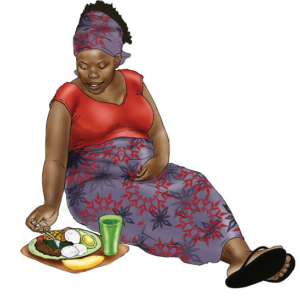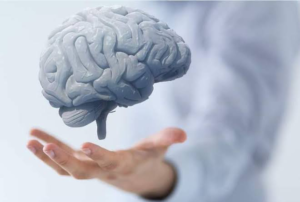
The economic situation of the country is such that the larger population of Nigerians struggle to feed well, let alone stay comfortable and save. It is no new thing that improving ones economic situation reduces the risk of anxiety and depression.
One’s health is said to be sound when the environmental, social and economic conditions in which s/he is born, grow, work and age is favourable. Poverty and deprivation are major determinants of children’s social and behavioural development.
Effects Of Poverty On Nigerians
Poverty has been proven by researchers to be related directly to social stress and mental health.
Anxiety And Depression
Anxiety and depression are the most common disease of the poor class. Poverty is associated with volatile income and expenditure, and this leads to worries, fear, insecurity and concerns about some uncertain event.
This affects one’s concentration and absenteeism leading to low productivity or work efficiency. Though effective treatment for anxiety and depression are available, the government can help with intervention programs as many of these studies also show that interventions or programs designed to improve mental health and economic condition often positively affect those suffering from poverty or mental illness, respectively.
Increase In Crime
Also another powerful effect of poverty on the population is increase in crime, people when faced with pressure to meet up to life demands often engage in fast and easy ways to make ends meet, which are usually illegal. This crimes includes kidnapping, thefts, rape, terrorising etc.
Malnutrition
Poverty is associated with malnutrition, lack of access to clean water, lack of balanced diets, living in polluted environments, inadequate housing, frequent accidents and other risk factors associated with poor physical health.
This gives rise to nutritional based disease conditions such as kwashiorkor, typhoid, obesity, rickets etc.
Triple Disaster Effects
Just as in the case of pandemic, the poor masses suffered the effect more than any other set of people, reason been that they lack access to good health care and foods.
This is also the case for other diseases such as TB, malaria, HIV/AIDS etc, when it affects the poor class the mortality rate is always higher. Poverty is not just income deprivation but access deprivation as well.
Conclusion
In other to reduce the effects of poverty on the population, policies that aim to address poverty or mental illness should be put in place by the government and other bodies responsible to tackle the worries and uncertainties that come with living in poverty, and the effects of poverty on childhood development.
also read: Understanding and Overseeing Pressure for Better Life







Leave a Reply